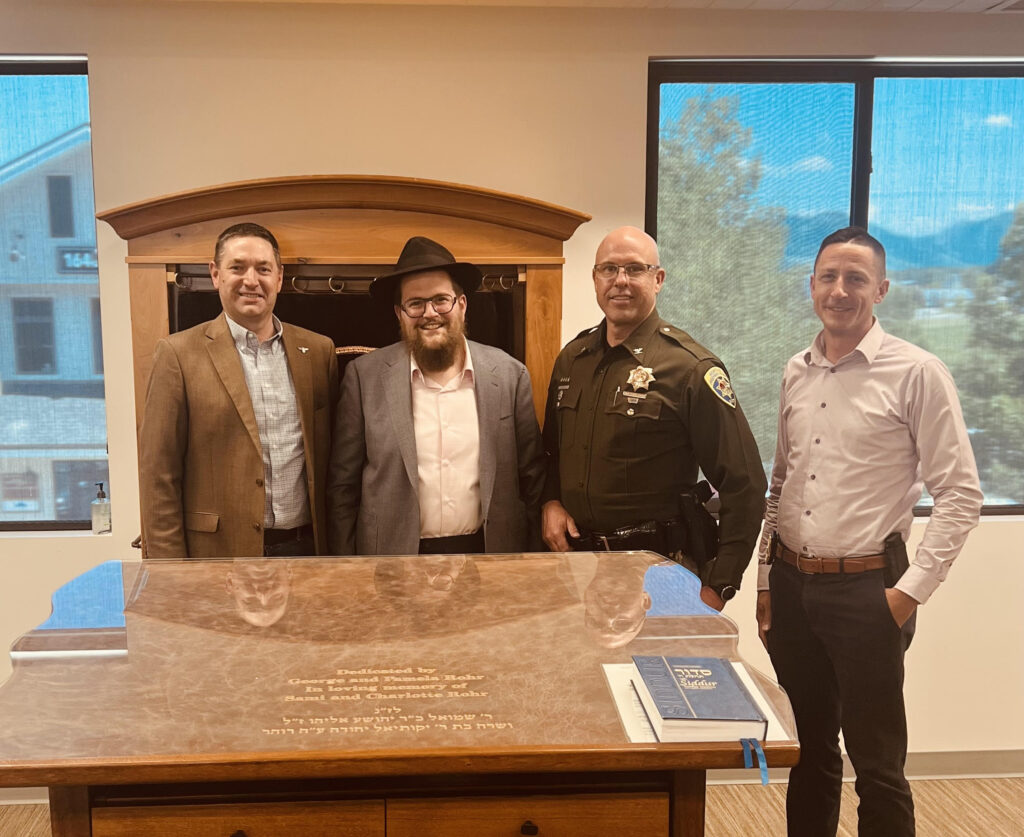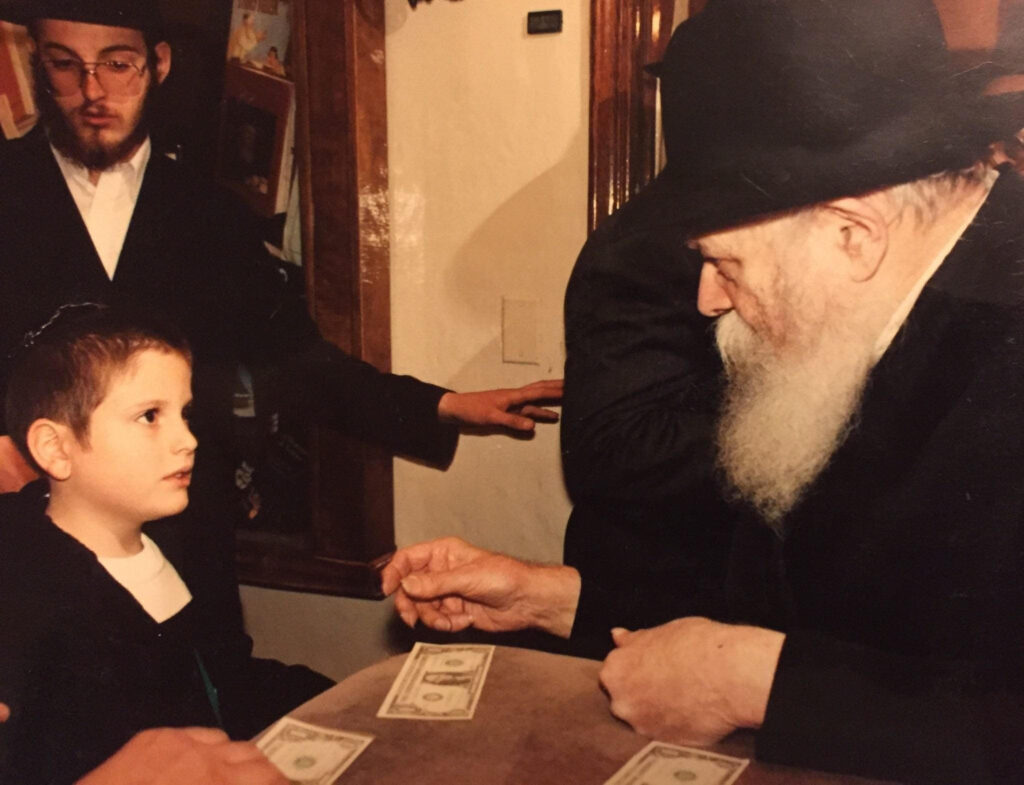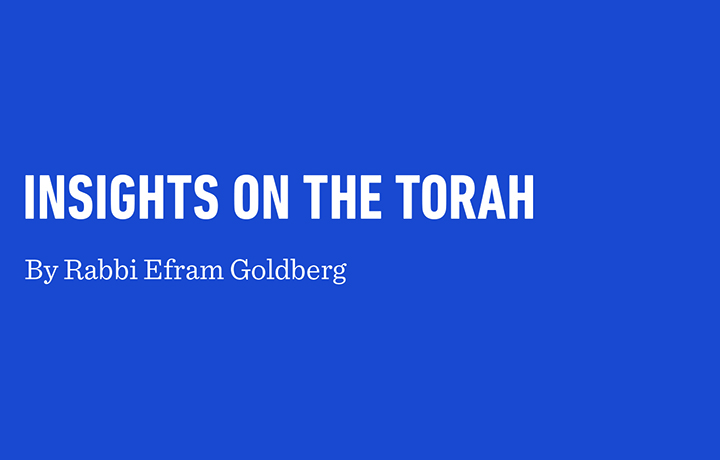Musings Of A Shliach From Montana

Rabbi Chaim with Montana Atty. Gen. Austin Knudsen, MHP Col. Kurt Sager, and Bozeman PD Capt. Joe Swanson
t happened.
This past Shabbos, we initiated summer tourist season. Here in Bozeman, we had the honor of hosting about twenty-five visitors who joined us from Monsey, Teaneck, Boca Raton, Efrat, Silver Spring, Emerald Coast, Ra’anana, Akron, and Yerushalayim. It was a memorable Shabbos of inspiration and spiritual elevation, and the spirit was incredible. Due to the crowd, we merited having minyanim all throughout Shabbos, not just for Shacharis.
In the evening, as I walked back to sShul at around 9:00 p.m. (Shabbos ended at 10:16) for Ma’ariv, I was amazing by the magnificent sunset. Not that we don’t have them often around here, but every sunset still fascinates me, soothes my soul, and every time I experience a glorious Montana sunset, it does something powerful to my neshamah.
As I observed the orange-red sky, my mind drifted off to the realization that although the sun is setting and the darkness can be scary, it will rise again tomorrow and it will be bright, because Hashem does that every day and has done so since He created the world 5785 years ago.
When Shabbos ended, we heard the news about Iran and the actions taken by President Trump to rid Iran of their weaponized nuclear abilities. I also spoke to my dad in Israel, where it was already Sunday morning and he had just come out of the safe room due to the latest barrage of ballistic missiles. I caught him just as he was heading to the mikvah before Shacharis. The news brought me back to the sunset: when moments seem super dark, when we are threatened with annihilation, when hospitals are being hit by rockets, we must know that the chaos is part of His Divine plan, ordained to the very last detail by Hashem, and if we let it play out, awaiting the new sunrise, we are all better for it and survive it in much better shape.
With all this in mind I want to share a thought that I believe is so relevant.
Last week I was honored to host Montana’s Attorney General Austin Knudsen, Montana Highway Patrol Colonel Kurt Sager, and Bozeman Police Department Patrol Captain Joe Swanson for a meeting to discuss synagogue security across the state of Montana. Part of me dreads such meetings, because I don’t think it’s right that I need to spend time, energy, and money defending our beautiful Jewish community from evil people/forces. I’ve never seen a mosque hire security so they are safe from Jews, nor have I seen most churches do it either. Shuls, on the other hand, must do so to keep our worshippers safe. Yet, the other part of me is reminded that we are still in galus (exile), and until Mashiach comes and wars are no more, we have to realistically deal with this type of insanity, and I’m not alone since Jewish communities around the world are dealing with this same issue.
There is a time and place for everything, and Mashiach isn’t here yet.
So, I must suck it up and forge ahead with reality.
In this week’s Torah portion, Korach, we read about an incredible Jew who invoked a rebellion against Moshe and Hashem, straying from the path laid out by G-d. There are a lot of negativities associated with Korach and his behavior. For example, the Chasam Sofer writes that because Korach’s father, Yitzhar, named him for the Korach in Bereishis, who was a general in Esav’s family and was also a mamzer, all of that negative energy plagued Korach his entire life. The story reminds us of the importance of naming our children for righteous people, because it can determine or at least guide the outcome of the person’s life.
Yet, amid the negative story of Korach’s life, we are compelled to dig deeper.
Too often we look at the Torah stories and wonder “How can it be?” The spies, Korach, Miriam, Nadav and Avihu, Pesach Sheini, etc. How can we continuously drop the ball? Can it really be that we were always so bad? This is why we must be compelled to dig deeper and find the additional layers of understanding that can shed light on the truth and meaning behind these fascinating Bible stories. We can learn Torah without the deeper layers, but then we miss out on the holistic meaning behind these vital stories, which can shift our view of things and how they shaped our past, present, and future.
The Rebbe, zt’l, whose 31st yahrzeit will be commemorated this Sunday, the third of Tammuz, always learned “Pshuto Shel Mikra,” a sefer that enhances the study of Chumash and Rashi’s commentary on the Torah with an added a layer of Chassidic mysticism that brings it all together, woven into a wholesome tapestry that shines so brightly with kedushah and life lessons. As an aside, if you and your loved ones want to be mentioned for prayers at the Rebbe’s holy resting place on this special day, please email me at [email protected]or WhatsApp me 406-600-4934 with the names and the requests.
Learning the parashah without Chassidus is like learning Gemara without Rashi or Tosafos or learning Rambam without the Kesef Mishna.
In 1989, the Rebbe discussed the first Rashi of our parashah, which says, “This section is expounded well in Midrash Rav Tanchuma.” It’s obviously a great reference point to better understand the story of Korach, but what is Rashi really trying to convey to the basic Torah student who is trying to study and internalize the Korach episode? The Rebbe goes on to explain: “It is taught in Chassidus (addressed in Likutei Torah of the Alter Rebbe, based on a teaching of the Holy Arizal) that Korach’s rebellion against Moshe and Aaron originated in a yearning to be a Kohen Gadol. Korach knew that when Mashiach comes, the Levites would become Kohanim, and he wanted to experience that in his lifetime. He had holy intentions but because it wasn’t time, he paid a heavy price as his yearning came out sideways and was inappropriate.”
This is the deeper meaning of Rashi: Even though “Parsha Zo,” that this parashah is difficult; nevertheless, it’s “yofeh nidreshes.” If we seek to see the drush, the homiletical interpretation, we will see that it’s yofeh: the story is beautiful, his yearning was a testimony of his holiness, it came from a good place, yet, this reality is only meant to take place “Bemidrash Tanchuma,” at the time of Mashiach when we are in a state of comfort from Hashem. This explanation is a vital reminder of how we too must look beneath the surface to see the beauty and inner drive of our fellow Jews, even if it doesn’t look too pretty on the surface.
Casting judgment is easy as pie, but we can do better.
Interestingly, Rav Yoel of Satmar, zt’l, writes that the reality of Korach’s complexities explains how Korach (who was a true eved Hashem, a holy servant of Hashem, possessed ruach hakodesh, and was a progenitor of Shmuel HaNavi, equal to Moshe and Aaron) was able to make a mistake of this magnitude.
Korach was trying to live in the future, when things would change up, instead of living in the present. The Yismach Moshe once said that his soul was incarnated (gilgul) in this world for the third time and that his soul was around in the generation of the desert and he personally witnessed all the great leaders joining Korach against Moshe and Aaron. His grandson, the Yitav Lev, asked the Yismach Moshe where he stood during the Korach rebellion, and he responded that he was neutral. When asked why he didn’t stand with Moshe against Korach, he responded that anyone who was around at that time and met Korach would understand why the choice was so hard as Korach was holy and influential.
Korach reminds us that good intentions aren’t enough. We must show up as Hashem expects us, and not live in some impractical, made-up world. Yet, it certainly also gives us context to how such holy people could end up on the wrong side of history. This was quintessential to the Rebbe, helping us to understand the deeper perspective on Korach, but also ensuring that we don’t let their good intentions taint our belief in getting things done in the right way as instructed. “Premature redemption” sounds amazing, but it’s premature and can be super disastrous as Korach would testify.
As I ponder the past thirty-one years, in which the Rebbe’s influence continues to grow and spread, I am grateful that he taught me to be pragmatic and hopeful, celebrating the present and yearning for the future, and for allowing me to see each individual, each aspect of Torah, with a deeper view. He inspires me to see Korach, as well as my fellow Jews on the streets of Bozeman, from a unique G-dly vantage point and to do so with simcha every day. While I don’t want to have security issues in Bozeman, I also know that it’s necessary because galus is real. Yet, Mashiach will be here soon, the whole world will be seen through the Rebbe’s lens of love and light, and we won’t need security anymore.
I await Mashiach’s arrival every day. I await Mashiach’s salvation the entire day.
Ki L’yeshuascha kivinu kol hayom.
Rabbi Chaim Bruk is co-CEO of Chabad Lubavitch of Montana and spiritual leader of The Shul of Bozeman. For comments or to partner in our holy work, e-mail [email protected] or visit JewishMontana.com/Donate.














